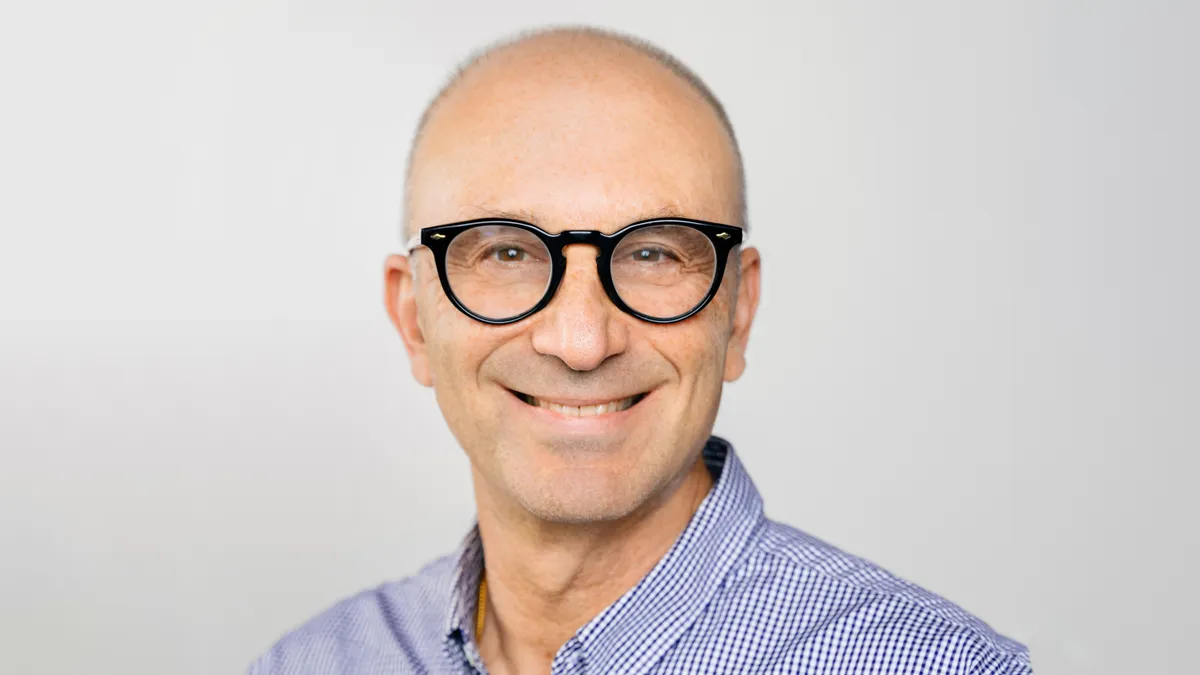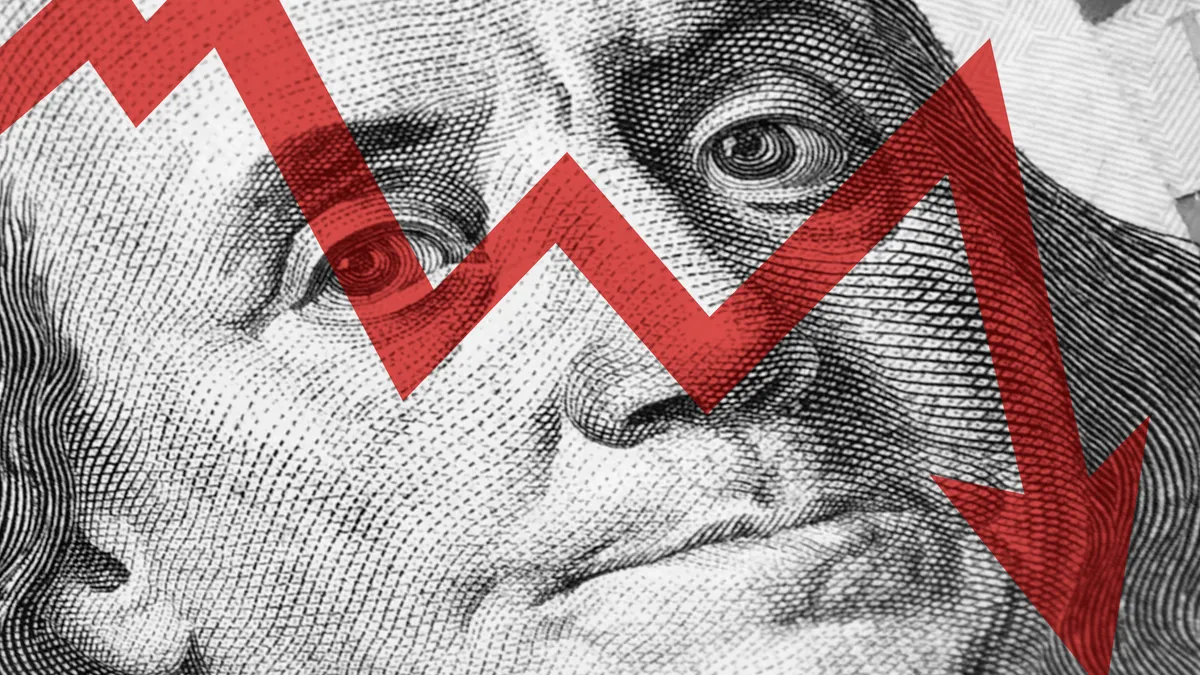Preventing a Bad Moment from Turning Into a Bad Day
Michael O’Brien, executive business coach and author, discusses his personal journey of discovery and mindfulness.
 PV: How did your personal story lead you to become an executive coach?
PV: How did your personal story lead you to become an executive coach?
O’Brien: My personal story, or what I call my last bad day, occurred when I got hit head on by a Ford Explorer while I was riding my bike before a company meeting. I was a successful sales professional and marketing director for Aricept. I was burdened by much of the same stress that many executives feel every day. There were many days when I just wanted to survive. On these days I lacked the energy, enthusiasm, and inspiration to break down silos, build culture, and get things done. But I knew I could be better, but I didn’t know how to consistently find the energy to thrive and get closer to being my best. My recovery after my cycling accident was the catalyst to the seminal shift that changed my perspective, mindset, and actions. It put me on a path to create better tomorrows at work and in life, and sparked my executive career progression, which was instrumental to finding happiness and passion for business leadership development and Peloton Executive Coaching.
PV: What did you learn during your recovery?
O’Brien: My focus is around the concept of preventing a bad moment from turning into a bad day. We all have our bad moments and sometimes they get the better of us. In our industry, particularly, we feel as though we have to do so much more because there’s a lot at stake, this adds fuel to a bad moment, which often stays with us longer than it should. I learned through my recovery that we have some options in how we can manage our careers and our lives. We can do a lot, but we also need the energy for those things and the people who we care about the most. When we do our best work we give the gift of health to patients, which is wonderful, but how we’re doing it isn’t necessarily as healthy as it can be.
One of the big themes of my life before my accident was that I was chasing happiness. I thought I’d be happy once I got promoted, or got that new car, or a project was over, but I never truly caught happiness. I learned through my recovery that you can be happy in the moment and still be driven, still want to accomplish a lot, have high expectations, but we need to stop chasing happiness.
PV: What tips and techniques can you offer to people to help them move beyond that bad moment that could lead to a bad day?
O’Brien: I break it down into three areas: things we can do in the morning, at work, and in the evening. I recommend folks stop sleeping with their smartphone next to their bed. Many of us use our phone as an alarm clock and the temptation is to check email as soon as shutting off the alarm. So, at 5:30 or 6:00 am, we are already on the hamster wheel before we’ve even had a chance to wake up our mind and our body and set the intentions for the day. I’m a big believer that upon waking, people get up, hydrate, and really think about their intentions for the day and how they wish to show up — not only for themselves but for those around them: colleagues, team members, patients and caregivers, stakeholders, shareholders, etc.
I recommend a 5- to 10-minute exercise in the morning: be, do, have. How do you want to be today? Is it empathetic, supportive? What do you want to do today? Think about those key priorities. And then what do you want to have more of today? It could be more options, more kindness, more collaboration. I believe it’s important to frame out the day before getting into the hustle and grind of checking email, checking social media, etc.
In the afternoon, I recommend grabbing a PBR, which does not stand for Pabst Blue Ribbon. PBR is something I’ve learned to help me slow down so I can go forward better. It’s a simple technique of pause, breathe, and reflect. I recommend people grab a PBR between meetings or when they feel stress coming on. Hit the pause button, connect with your breath, and think about how you want to show up for the next meeting or conversation as a way to regain focus. PBR is a microdose of mindfulness and a microdose of recovery. As an athlete, I’m a big believer in working hard and recovering in the right way.
In the evening, I encourage folks to end their day with a gratitude practice, which gives them a chance to restart the next day with sound intentions. As I’m getting ready for bed I think about three to five things that made the day special. It could be something little or it could be something big. It’s so easy for work stuff to fly into our heads making it difficult to fall asleep. Taking five minutes for gratitude as we get ready for bed helps reframe the day and to realize some good things happened.
PV: Why are these techniques important for success?
O’Brien: If you want to do great work and provide health to those who need it the most, make sure you’re working hard, and you’re recovering as hard as you’re working. Yet, most of us feel like we’re right at that red line, and this is when it becomes easy to disengage with our work, or we are so exhausted that when a bad moment happens it’s easy to weave a story about that bad moment into something bigger than it is and then it hijacks the rest of our day.(PV)
Editor’s Note: Michael O’Brien is also the president of the New York Chapter of the Healthcare Businesswomen’s Association.
~~~~~~~~~~~~~~~~~~~~~~~~~
Shift
As Michael O’Brien lay on the asphalt waiting for the Medevac to arrive to take him to the trauma center after being hit head on by a speeding SUV in July 2001, he made a promise to himself that if he lived, life would be different. He would stop chasing happiness. As he started his recovery, life did indeed become different. Unfortunately, it was not different in the way he desired. He was consumed by negative emotions, even though he tried to put on a brave face.
He wrote Shift for anyone who wants to be an everyday hero to their partner, child(ren), colleagues, and community. To spread Shift’s energy and impact, he gives all of the profits of Shift to World Bicycle Relief to help others shorten the distance to the best version of themselves.


















